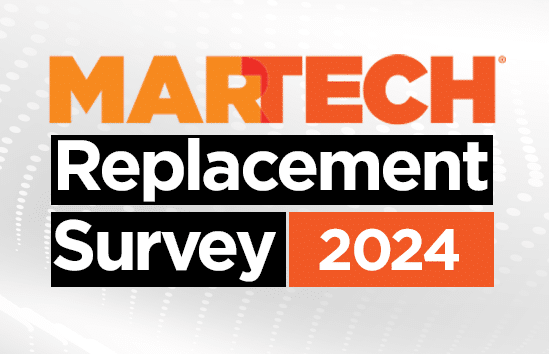In 2023, 57% of B2C martech leaders said they planned to deploy generative AI within 24 months. Seventeen percent said they already had. A lot of executives are very excited about it. But what if consumers hate it? That, in essence, is the question Kate Muhl, VP, analyst at Gartner and a consumer Insights expert, raised in her presentation to the Gartner Symposium.
It’s important, she said, that brands understand consumer attitudes to AI, anticipate any pushback risks and take consumer attitudes into account when planning genAI deployment.
Consumers are not monoliths
The complicating factor here is that, of course, different consumer groups have different attitudes to AI. Muhl breaks the categories down as follows:
- Enthusiasts. These skew younger, male, educated, affluent and idealistic.
- Pragmatists. Those who believe AI is inevitable and will use it if they need to. Younger, gender-balances, tech skeptics.
- Passives. It doesn’t affect me: older, female, less educated.
- Rejectors. Older male, less educated, anti-technology in general.
Rejectors form the smallest category (13% of U.S. consumers, 15+, according to Gartner research). The other categories are fairly evenly divided, pragmatists leading (37%), enthusiasts and passives lagging slightly (29% and 21%).
Each brand will make a different risk assessment with respect to genAI, depending on who they understand their main target consumers to be. There is lower risk in B2B, according to Gartner research. B2C and D2C are more exposed. Healthcare, financial services and insurance are highly sensitive. The message: Expect pushback from some of your consumers; preferably not from your core audience.
Can we assume that consumers “get” generative AI?
One question Muhl’s research provokes is whether these enthusiasts and rejectors, these passives and pragmatics, have a clear understanding of the technology they’re expressing sentiments about. There is research that suggests, on the one hand, that consumers lack enthusiasm for genAI, but that those same consumers are happy to use chatbots and to use genAI to research products. Are they thinking straight?
It’s a reasonable bet that many are not. But does that matter? We put these questions to her.
Dig deeper: Artificial Intelligence: A beginner’s guide
“I do agree very strongly that in a sense it doesn’t matter. The low information voter is still a voter,” she said. The point of marketing and brand is that it speaks to our emotions. The goal is to get an emotional connection of some kind, so you are operating in a world where the facts, to some degree, don’t matter.”
Muhl concurs that most consumers don’t understand the technology. “I don’t think, hot take, marketers understand the technology.” It makes sense that people are most comfortable with generative AI in spaces they are familiar with. “People know what chatbots can and can’t do. People are seeing [Google AI Overviews] whether they want to or not.”
There’s also a sense out there that these technologies are not being used in B2C just because they’re “cool.” “They’re doing it because they want to find a better way, arguably, to separate you from your dollars. So there’s a sense you need to be on top of your game and protect yourself from sophisticated digital systems that are designed to get more out of you as a customer, not necessarily to benefit you. That’s a factor in all of the above.”
Email:
See terms.
The post Will genAI turn off your core consumers? appeared first on MarTech.

